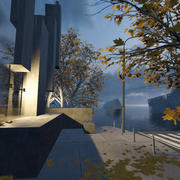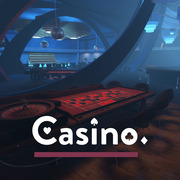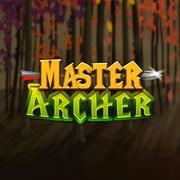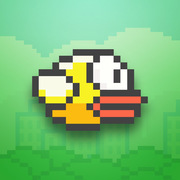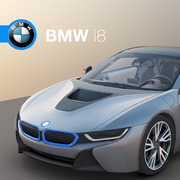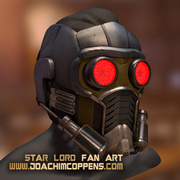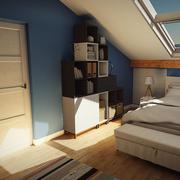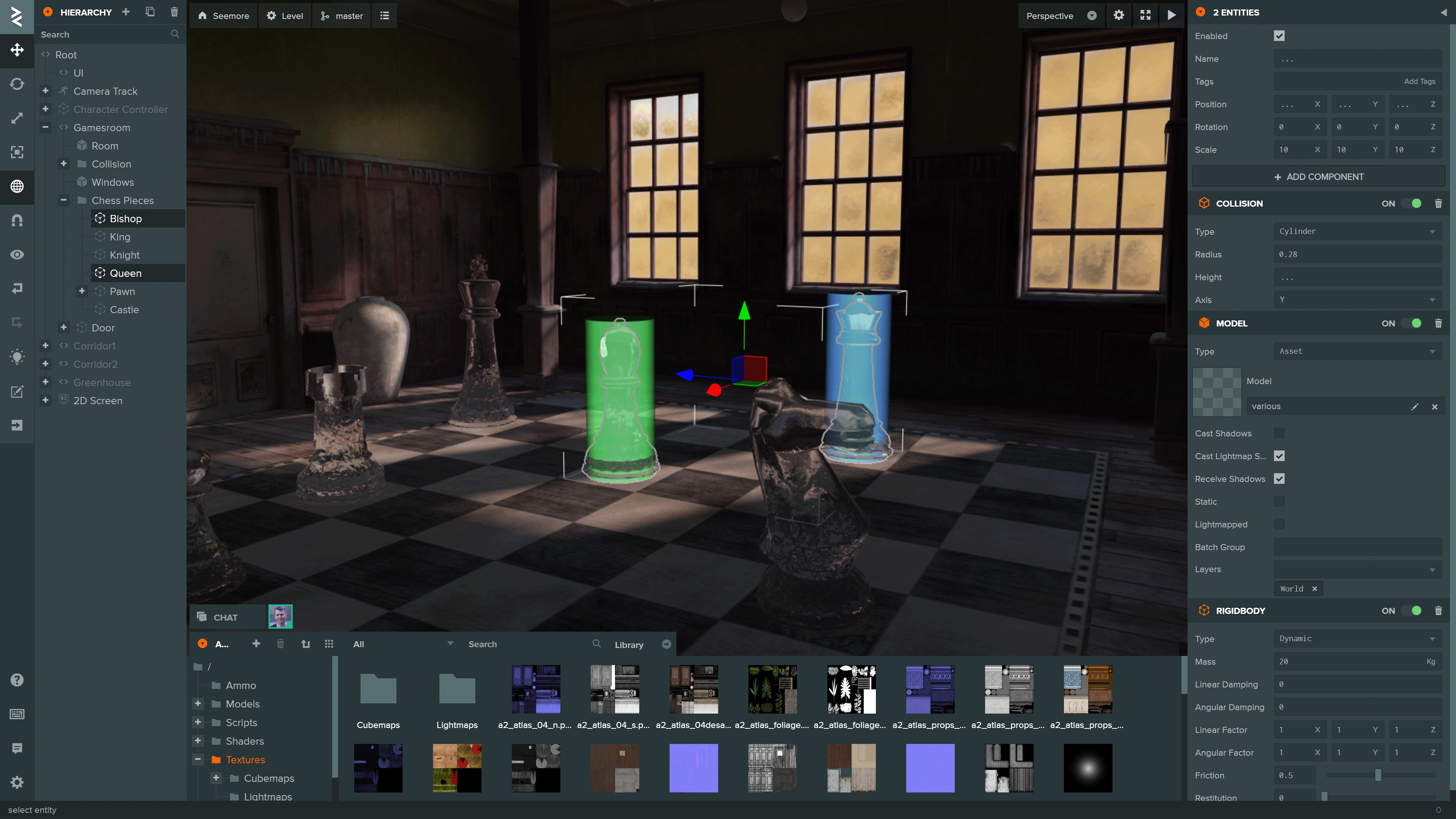gamelon
v1.0.8
Published
Gamelon WebGL game engine
Downloads
26
Maintainers
Readme
PlayCanvas WebGL Game Engine
API Reference | User Manual | Examples | Forum | Blog
PlayCanvas is an open-source game engine. It uses HTML5 and WebGL to run games and other interactive 3D content in any mobile or desktop browser.
Project Showcase
Many games and apps have been published using the PlayCanvas engine. Here is a small selection:
You can see more games on the PlayCanvas website.
Users
PlayCanvas is used by leading companies in video games, advertising and visualization such as:
Animech, Arm, BMW, Disney, Facebook, Famobi, Funday Factory, IGT, King, Miniclip, Leapfrog, Mojiworks, Mozilla, Nickelodeon, Nordeus, NOWWA, PikPok, PlaySide Studios, Polaris, Product Madness, Samsung, Snap, Spry Fox, Zeptolab, Zynga
Features
PlayCanvas is a fully-featured game engine.
- 🧊 Graphics - Advanced 2D + 3D graphics engine built on WebGL2 & WebGPU.
- 🏃 Animation - Powerful state-based animations for characters and arbitrary scene properties
- ⚛️ Physics - Full integration with 3D rigid-body physics engine ammo.js
- 🎮 Input - Mouse, keyboard, touch, gamepad and VR controller APIs
- 🔊 Sound - 3D positional sounds built on the Web Audio API
- 📦 Assets - Asynchronous streaming system built on glTF 2.0, Draco and Basis compression
- 📜 Scripts - Write game behaviors in Typescript or JavaScript
Usage
Here's a super-simple Hello World example - a spinning cube!
import * as pc from 'playcanvas';
const canvas = document.createElement('canvas');
document.body.appendChild(canvas);
const app = new pc.Application(canvas);
// fill the available space at full resolution
app.setCanvasFillMode(pc.FILLMODE_FILL_WINDOW);
app.setCanvasResolution(pc.RESOLUTION_AUTO);
// ensure canvas is resized when window changes size
window.addEventListener('resize', () => app.resizeCanvas());
// create box entity
const box = new pc.Entity('cube');
box.addComponent('model', {
type: 'box'
});
app.root.addChild(box);
// create camera entity
const camera = new pc.Entity('camera');
camera.addComponent('camera', {
clearColor: new pc.Color(0.1, 0.2, 0.3)
});
app.root.addChild(camera);
camera.setPosition(0, 0, 3);
// create directional light entity
const light = new pc.Entity('light');
light.addComponent('light');
app.root.addChild(light);
light.setEulerAngles(45, 0, 0);
// rotate the box according to the delta time since the last frame
app.on('update', dt => box.rotate(10 * dt, 20 * dt, 30 * dt));
app.start();Want to play with the code yourself? Edit it on CodePen.
A full guide to setting up a local development environment based on the PlayCanvas Engine can be found here.
How to build
Ensure you have Node.js 18+ installed. Then, install all of the required Node.js dependencies:
npm installNow you can run various build options:
| Command | Description | Outputs To |
| --------------- | ---------------------------------------------- | ---------- |
| npm run build | Build all engine flavors and type declarations | build |
| npm run docs | Build engine API reference docs | docs |
PlayCanvas Editor
The PlayCanvas Engine is an open-source engine that you can use to create HTML5 apps/games. In addition to the engine, we also make the PlayCanvas Editor:
For Editor-related bugs and issues, please refer to the Editor's repo.





